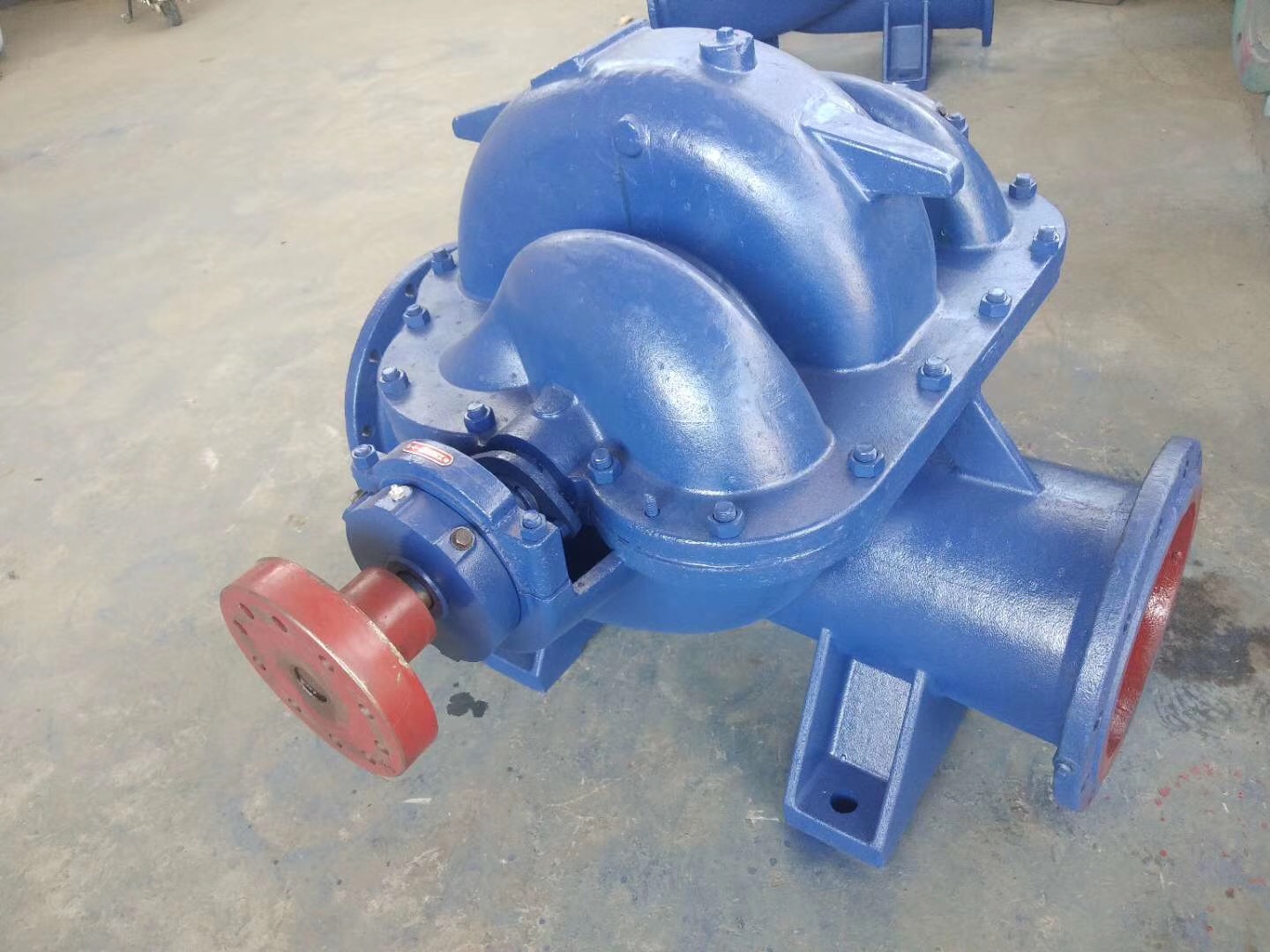Greek
- Afrikaans
- Albanian
- Amharic
- Arabic
- Armenian
- Azerbaijani
- Basque
- Belarusian
- Bengali
- Bosnian
- Bulgarian
- Catalan
- Cebuano
- Corsican
- Croatian
- Czech
- Danish
- Dutch
- English
- Esperanto
- Estonian
- Finnish
- French
- Frisian
- Galician
- Georgian
- German
- Greek
- Gujarati
- Haitian Creole
- hausa
- hawaiian
- Hebrew
- Hindi
- Miao
- Hungarian
- Icelandic
- igbo
- Indonesian
- irish
- Italian
- Japanese
- Javanese
- Kannada
- kazakh
- Khmer
- Rwandese
- Korean
- Kurdish
- Kyrgyz
- Lao
- Latin
- Latvian
- Lithuanian
- Luxembourgish
- Macedonian
- Malgashi
- Malay
- Malayalam
- Maltese
- Maori
- Marathi
- Mongolian
- Myanmar
- Nepali
- Norwegian
- Norwegian
- Occitan
- Pashto
- Persian
- Polish
- Portuguese
- Punjabi
- Romanian
- Russian
- Samoan
- Scottish Gaelic
- Serbian
- Sesotho
- Shona
- Sindhi
- Sinhala
- Slovak
- Slovenian
- Somali
- Spanish
- Sundanese
- Swahili
- Swedish
- Tagalog
- Tajik
- Tamil
- Tatar
- Telugu
- Thai
- Turkish
- Turkmen
- Ukrainian
- Urdu
- Uighur
- Uzbek
- Vietnamese
- Welsh
- Bantu
- Yiddish
- Yoruba
- Zulu
Telephone: +86 13120555503
Email: frank@cypump.com
Οκτ . 31, 2024 22:37 Back to list
Optimizing Pipeline Pump Efficiency for Enhanced Fluid Transport Solutions
The Importance of Pipeline Pumps in Modern Infrastructure
Pipeline pumps are an essential component in the transportation of fluids across various industries, including oil and gas, water supply, and chemical manufacturing. These specialized pumps play a critical role in ensuring the efficient flow of liquids, whether it’s crude oil being moved from extraction sites to refineries, or clean water being supplied to urban areas. Understanding the importance and function of pipeline pumps can shed light on the broader intricacies of modern infrastructure.
At its core, a pipeline pump is designed to move liquids through a system of pipes, overcoming resistance due to friction and elevation changes. This process is vital in maintaining the pressure and flow rate required for effective transport. There are several types of pipeline pumps, including centrifugal pumps and positive displacement pumps, each suited for specific applications depending on the properties of the fluid being pumped.
Centrifugal pumps are commonly used in applications where high flow rates and low viscosity fluids are involved. They operate based on the principle of converting rotational energy into hydrodynamic energy. This type of pump is ideal for handling water, oil, and other light liquids, making it the go-to choice for municipal water systems and oil pipelines. Conversely, positive displacement pumps are employed for thicker fluids or those requiring precise flow control, making them suitable for applications in the chemical industry.
The efficiency of pipeline pumps is crucial not only for operational effectiveness but also for cost management
. Inefficient pumps can lead to increased energy consumption, higher operational costs, and potentially more significant environmental impacts due to leaks or spills. Advances in technology have led to the development of more efficient pump designs and control systems, minimizing energy waste and improving sustainability.pipeline pump

Moreover, regular maintenance is essential to ensure the longevity and reliability of pipeline pumps. Routine inspections and servicing help identify issues such as wear and tear, leaks, or blockages before they escalate into more significant problems. Implementing predictive maintenance strategies, powered by data analytics and IoT technologies, has revolutionized how industries manage their pumping systems, significantly enhancing operational reliability.
The role of pipeline pumps extends beyond mere fluid transport; they contribute to the overall safety and functionality of infrastructure. In oil and gas transportation, for example, pipeline pumps are designed to withstand extreme operating conditions while adhering to strict safety regulations. Incidents caused by pump failures can lead to catastrophic spills, posing risks to the environment and public health.
In addition, the ever-increasing demand for efficient energy transportation and water supply solutions drives continuous innovation in pump technology. As the world shifts toward greener energy sources and sustainable practices, pipeline pumps will be integral in the transition. For instance, the integration of renewable energy sources, such as solar or wind, into pumping operations is an emerging trend that promises to reduce carbon footprints.
In conclusion, pipeline pumps are vital for the essential task of fluid transportation across various sectors. Their design, efficiency, and maintenance are crucial elements that support modern infrastructure, ensuring safe and reliable operations. As industries adapt to new technologies and sustainability practices, the role of pipeline pumps will continue to evolve, underscoring their importance in shaping the future of global infrastructure. Whether to transport water, oil, or other liquids, these pumps are foundational to the systems that drive our economy and enhance our quality of life.
-
Heavy-Duty Mining Sludge Pumps - Wear-Resistant Slurry Handling
NewsAug.02,2025
-
Horizontal Split Case Pump with GPT-4 Turbo | High Efficiency
NewsAug.01,2025
-
ISG Series Pipeline Pump - Chi Yuan Pumps | High Efficiency, Durable Design
NewsAug.01,2025
-
Advanced Flue Gas Desulfurization Pump with GPT-4 Turbo | Durable & Efficient
NewsJul.31,2025
-
ISG Series Vertical Pipeline Pump - Chi Yuan Pumps | Advanced Hydraulic Design&Durable Construction
NewsJul.31,2025
-
ISG Series Vertical Pipeline Pump - Chi Yuan Pumps | Energy Efficient & Low Noise
NewsJul.31,2025










